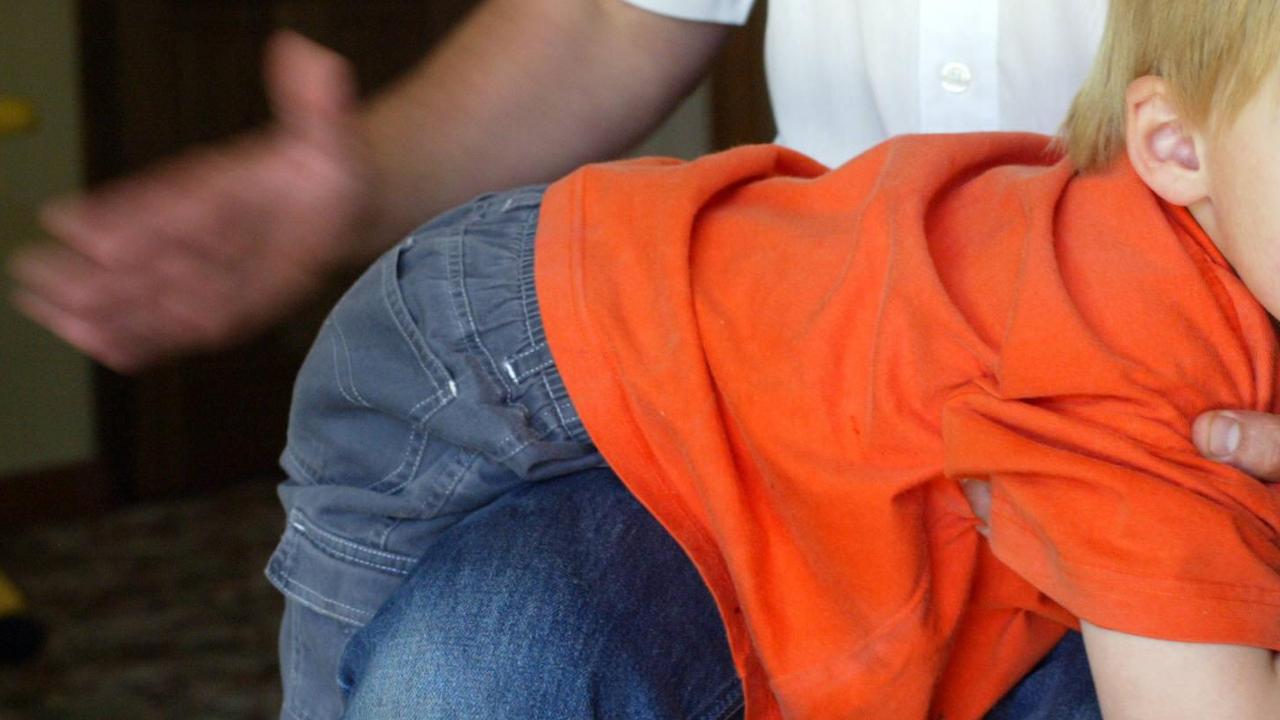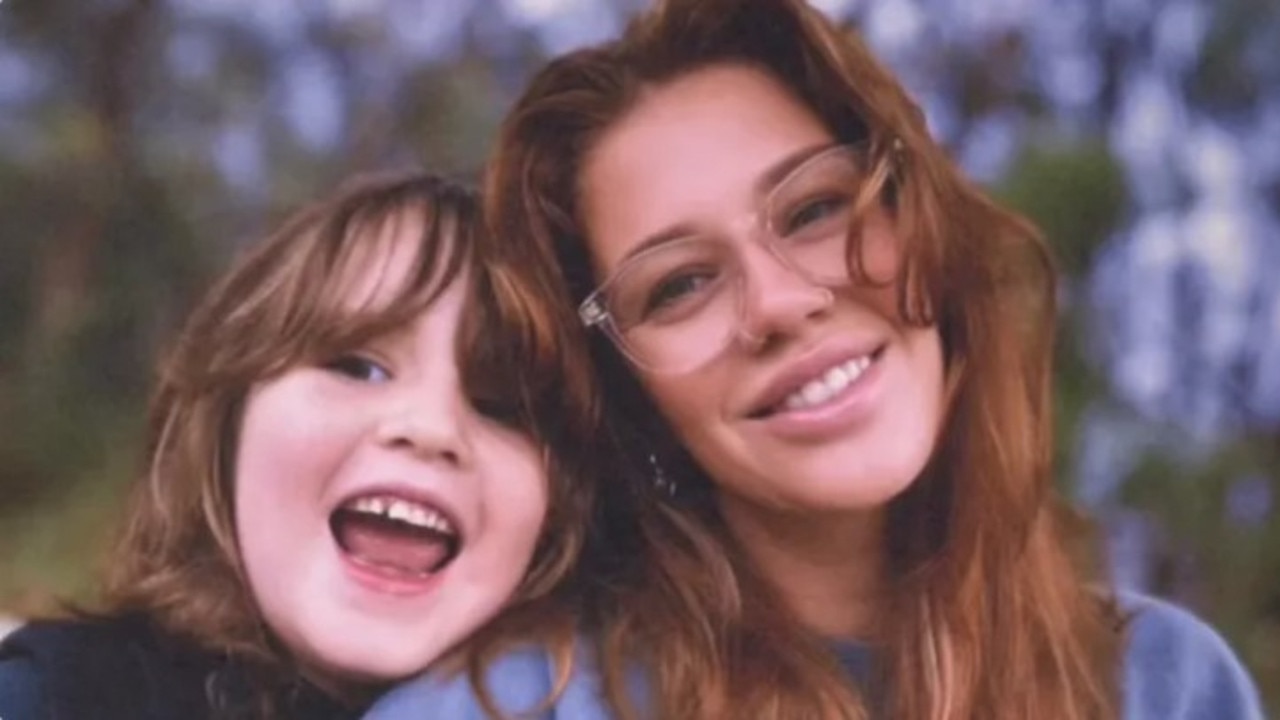Qld Police commissioner seeking powers to allow him to sack bad officers more quickly
Queensland’s Police Commissioner is seeking special powers to sack bad cops, as part of his major reform plans for the Queensland Police Service.
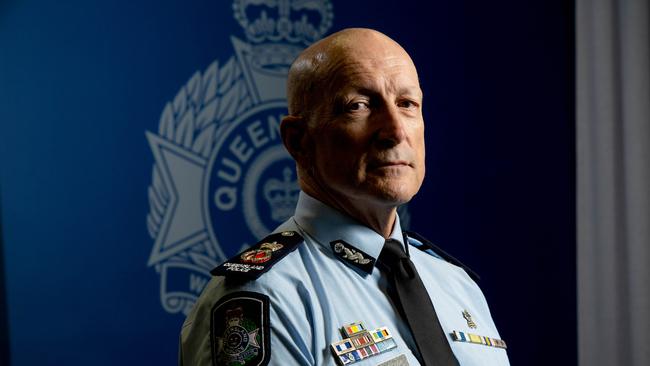
Police & Courts
Don't miss out on the headlines from Police & Courts. Followed categories will be added to My News.
Commissioner Steve Gollschewski wants special powers to sack bad cops, as part of his major reform plans for the Queensland Police Service.
In a bold stance against the police union, which has forced both political parties to deny him the power, Mr Gollschewski has declared he needs “commissioner’s confidence” powers to turf out the worst of the worst.
And he has revealed he also wants officers to be able to work past the age of 60, while declaring he will keep lobbying for greater domestic violence policy reform.
In an exclusive interview with The Courier-Mail, Mr Gollschewski said his plan was to have even more police on the frontline to keep up with increasing triple-0 call demand, much of which has come from a surge in domestic violence and mental health jobs.
“I think they are feeling the pressure,” Mr Gollschewski said of his frontline officers.
The crime rate increased 11 per cent in 2022-23, with a 13 per cent increase in offences, but it had stabilised this year Mr Gollschewski said.
“And whilst you might think ‘oh that’s good it’s stabilised’, it’s not good,” he said. “I’m not satisfied at all because we’re on a really high level, what we want to see is starting to turn things around.”
Police were sent to 192,000 domestic violence incidents last year and this year there was already a 12 per cent increase in incidents and a 15 per cent increase in breaches of orders.
Domestic violence jobs took four to five hours for officers to respond to and next year officers would also be policing coercive control.
Mr Gollschewski said officers were frustrated by the length of the time some processes took with paperwork but they acknowledged it was also the biggest harm issue for the community.
While the government had introduced measures around electronic service of documents and signatures which would save time, Mr Gollschewski said there were other efficiencies that he would continue to lobby for.
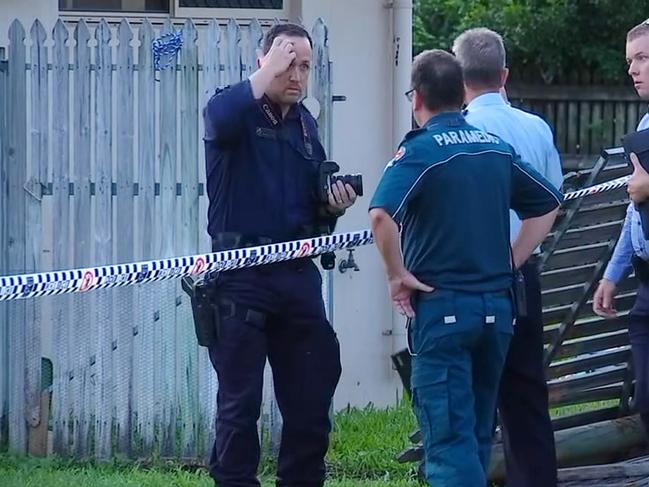
“If you can halve that (time per job) by reducing the administrative burden, we’re going to see that reinvested into engagement within victims for survivors and trying to deal with perpetrators,” he said.
Mental health callouts have also been problematic for police and former police union president Ian Leavers called for a royal commission after multiple police shootings were related to people suffering from mental health, many of whom had been taken to hospital before their release.
Mr Gollschewski said that from 2018 to 2023 there had been a 41 per cent increase in calls to service for people in mental crisis or distress, with 51,000 recorded last year.
There was also a 33 per cent increase in calls from Queensland Health requesting police assistance, he said, and a 20 per cent increase of people attempting suicide.
“What I can tell you is that again, like domestic and family violence, it is a big issue and we all need to be working on this. Now, on average, each of those responses is 4.6 hours for our officers to deal with that.
“When you get into the shootings, we’ve seen between July 2019 and August 2024, 70 per cent of the people that were shot had mental health holdings.”
“I’m open to whatever can be done … ultimately governments will make a decision how they want to do that, but it clearly is an issue that needs to be looked at closely because it’s putting a lot of pressure on the system and it’s pretty risky.”
With youth crime exploding in Queensland Mr Gollschewski also took aim at other organisations to do more to stop the cycle of reoffending.
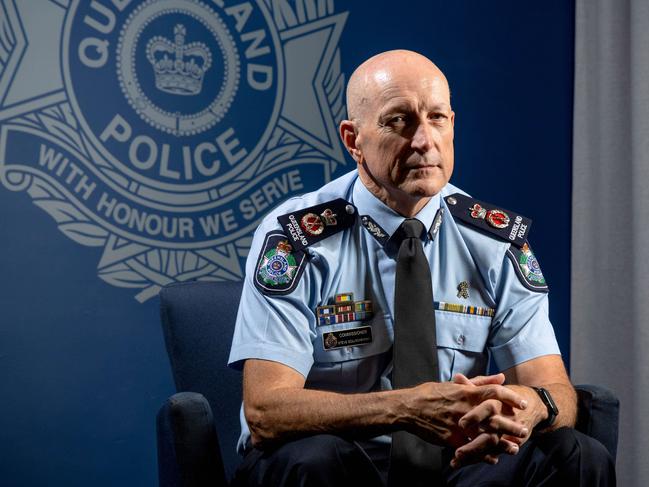
“We’re just going to reduce harm for a period while those particular offenders are off the road and incarcerated,” he said. “But if there aren’t systems to pull them back out of that and push them away from offending when they come back out, they’re reoffending and what we’re doing is going on the cyclical thing of lock them up, deal with it and then re-deal with it.”
Speaking of the discipline system, Mr Gollschewski said he needed “Commissioner’s confidence powers” to be able to sack the worst police and that the community and police didn’t have confidence in the discipline system.
Former commissioner Katarina Carroll wanted the “no confidence” powers, telling the commission of inquiry into police responses to domestic violence that it would help her get rid of the worst police. But within days, amid pressure from the police union, Ms Carroll said she wanted to review cases of bad police and see what could be done with existing legislation.
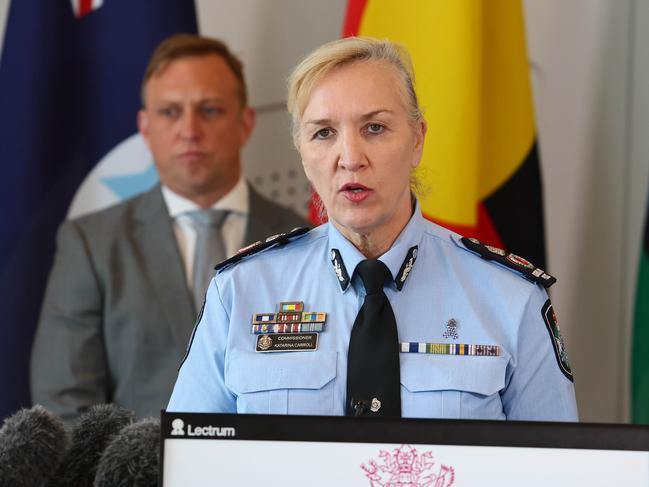
Mr Gollschewski said it shouldn’t take years to get rid of bad officers and was supportive of a body such as the Crime and Corruption Commission having oversight.
He said a police integrity unit – a recommendation from an inquiry into police responses to domestic and family violence – should also be considered.
“I’ve been on record and I’ll say it again I don’t think our discipline system is fit for purpose. If someone gets a complaint made against them, if it’s really, really serious, it takes forever to sort that out and you’re stuck with the situation of running through … a whole bunch of things before you can get an outcome on it,” Mr Gollschewski said. “And at the other side of it, too often we’re seeing complaints being made about matters which are really a workplace conflict, performance issue.”

